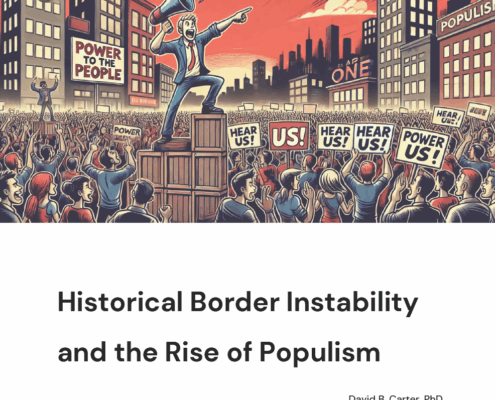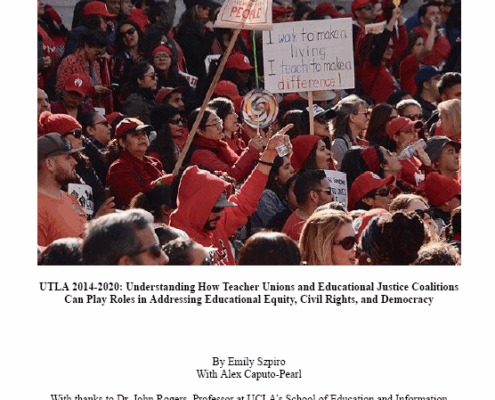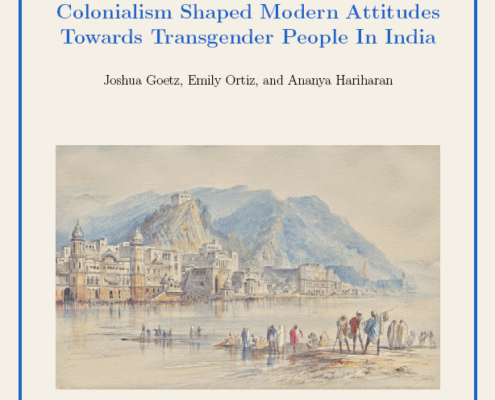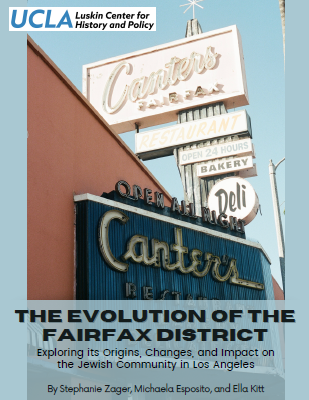Announcements
Check back here regularly to learn about Luskin Center activities, new reports, and other noteworthy updates about our work.
 https://luskincenter.history.ucla.edu/wp-content/uploads/sites/66/2025/11/Ying-cover-image-cropped.png
1062
986
LCHP
LCHP2025-11-25 13:23:172025-11-25 15:38:31Historical Border Instability and the Rise of Populism
https://luskincenter.history.ucla.edu/wp-content/uploads/sites/66/2025/11/Ying-cover-image-cropped.png
1062
986
LCHP
LCHP2025-11-25 13:23:172025-11-25 15:38:31Historical Border Instability and the Rise of Populism https://luskincenter.history.ucla.edu/wp-content/uploads/sites/66/2025/11/Szpiro-cover-image.png
601
556
LCHP
LCHP2025-11-25 13:11:592025-11-25 15:36:24UTLA 2014-2020: Understanding How Teaching Unions and Educational Justice Coalitions Can Play Roles in Addressing Educational Equity, Civil Rights, and Democracy
https://luskincenter.history.ucla.edu/wp-content/uploads/sites/66/2025/11/Szpiro-cover-image.png
601
556
LCHP
LCHP2025-11-25 13:11:592025-11-25 15:36:24UTLA 2014-2020: Understanding How Teaching Unions and Educational Justice Coalitions Can Play Roles in Addressing Educational Equity, Civil Rights, and Democracy https://luskincenter.history.ucla.edu/wp-content/uploads/sites/66/2025/11/Goetz-et-al-cover-image.png
795
614
LCHP
LCHP2025-11-25 10:09:292025-11-25 13:04:51The Shadow of Empire: How British Colonialism Shaped Modern Attitudes Towards Transgender People in India
https://luskincenter.history.ucla.edu/wp-content/uploads/sites/66/2025/11/Goetz-et-al-cover-image.png
795
614
LCHP
LCHP2025-11-25 10:09:292025-11-25 13:04:51The Shadow of Empire: How British Colonialism Shaped Modern Attitudes Towards Transgender People in India https://luskincenter.history.ucla.edu/wp-content/uploads/sites/66/2025/08/Zdencanovic-and-Myers-Challenging-University-Autonomy-Report.png
816
623
fmasur
fmasur2025-08-19 16:42:582025-09-18 11:46:33UCLA Releases Report on Challenge to University Autonomy in an Illiberal Era
https://luskincenter.history.ucla.edu/wp-content/uploads/sites/66/2025/08/Zdencanovic-and-Myers-Challenging-University-Autonomy-Report.png
816
623
fmasur
fmasur2025-08-19 16:42:582025-09-18 11:46:33UCLA Releases Report on Challenge to University Autonomy in an Illiberal Era https://luskincenter.history.ucla.edu/wp-content/uploads/sites/66/2024/09/Zdencanovic-et-al.-Medi-Cal-and-the-Politics-of-Healthcare-Policy-in-California_TN.png
822
618
fmasur
fmasur2024-09-12 08:33:332024-09-12 08:37:24UCLA Releases Report on the History and Development of Medi-Cal
https://luskincenter.history.ucla.edu/wp-content/uploads/sites/66/2024/09/Zdencanovic-et-al.-Medi-Cal-and-the-Politics-of-Healthcare-Policy-in-California_TN.png
822
618
fmasur
fmasur2024-09-12 08:33:332024-09-12 08:37:24UCLA Releases Report on the History and Development of Medi-Cal https://luskincenter.history.ucla.edu/wp-content/uploads/sites/66/2024/09/Zager-et-al-Fairfax-District_TN.png
400
309
fmasur
fmasur2024-09-11 17:12:432024-09-12 08:38:24The Evolution of the Fairfax District: Exploring its Origins, Changes, and Impact on the Jewish Community in Los Angeles
https://luskincenter.history.ucla.edu/wp-content/uploads/sites/66/2024/09/Zager-et-al-Fairfax-District_TN.png
400
309
fmasur
fmasur2024-09-11 17:12:432024-09-12 08:38:24The Evolution of the Fairfax District: Exploring its Origins, Changes, and Impact on the Jewish Community in Los Angeles
